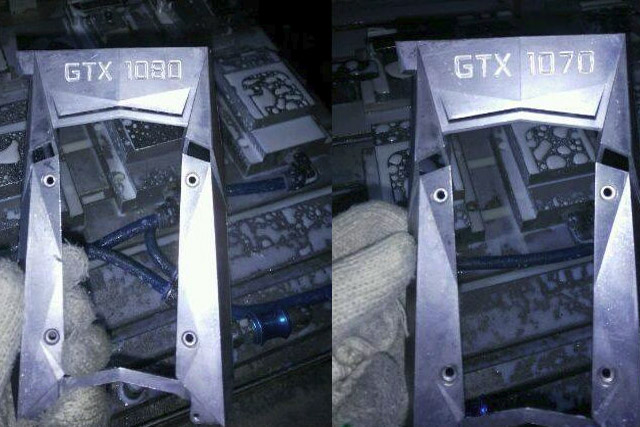
The results pages reveal some new information about the GTX 1080, if it is indeed a result from that card. The clock speed information in the Performance Test aren’t accurate, but the Fire Strike Extreme diagnostics are, and they reveal a staggering 1.6GHz base clock and 1.8GHz boost clock, a big jump from the 980 Ti’s 1,102 MHz clock. It also appears the GTX 1080 is packing a whopping 8GB of GDDR5X memory, clocked at 2,500MHz — but Videocardz claims the effective clock is 10,000MHz, with a 320GB/s memory bandwidth.
We don’t typically run Fire Strike Extreme as part of our test suite on systems, but we did give the AVADirect Avant we’re reviewing a chance to see how it could perform. It’s powered by an Intel Core i7-6700K, overclocked to 4.7GHz, with 16GB of RAM and a GTX 980 Ti, so it should give us a decent impression of the performance difference between the generations.
Our test system scored 7,559 on Fire Strike Extreme, but even with just an Intel Core i7-3770 helping out, the GTX 1080 supposedly claims a 8,959 score. That’s a healthy 19 percent performance jump, even with the older CPU holding it back. How that will translate to other systems, as well as some of the more important features of the card, is still unknown or unverified, but it looks like the next generation will be one of notably increased performance and new technology.
Whether these results are accurate or not remains to be seen, but either way, we won’t have to wait long to find out. The Order of 10 augmented reality game, which many have pointed to as a sign of an impending Nvidia launch, has a countdown timer that ends tomorrow morning, on Friday, May 6th. If it is indeed a new card, we’ll know then.
Editors' Recommendations
- Intel’s upcoming iGPU might destroy both Nvidia and Apple M2
- RTX 4070 Ti benchmarks leak: Is Nvidia about to undercut AMD?
- Leaked benchmarks show the real performance of the Nvidia RTX 4090
- Nvidia’s bizarre ‘GTX 2080’ GPU emerges out of hiding
- Six-year-old AMD GPU smokes Nvidia’s new GTX 1630 by more than double



